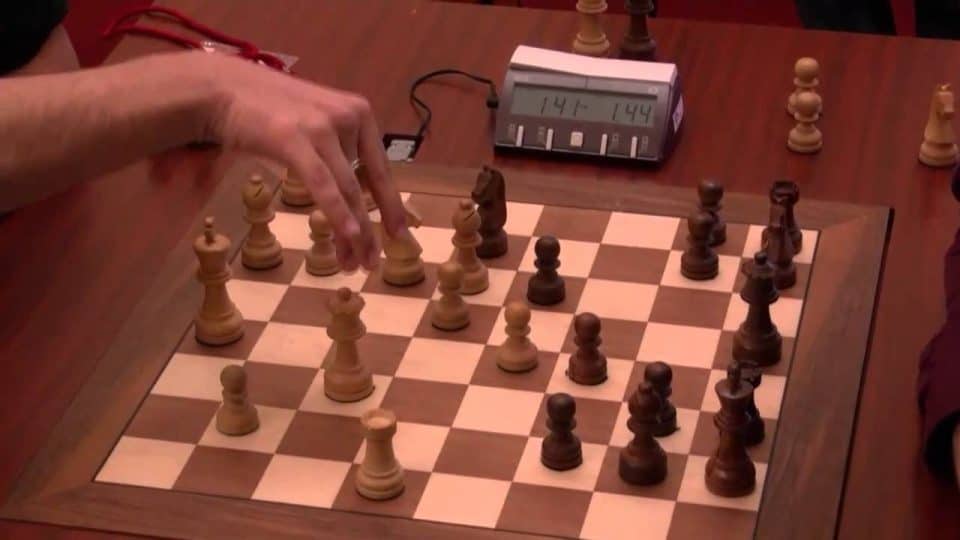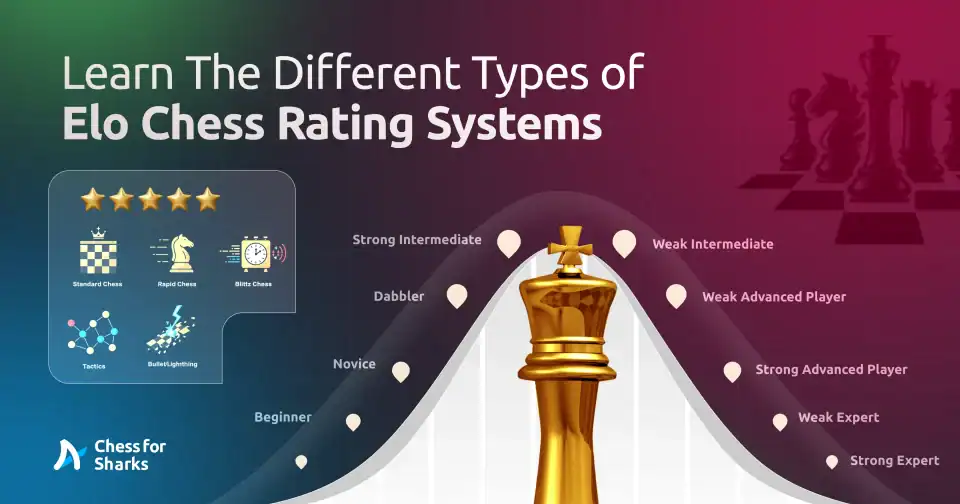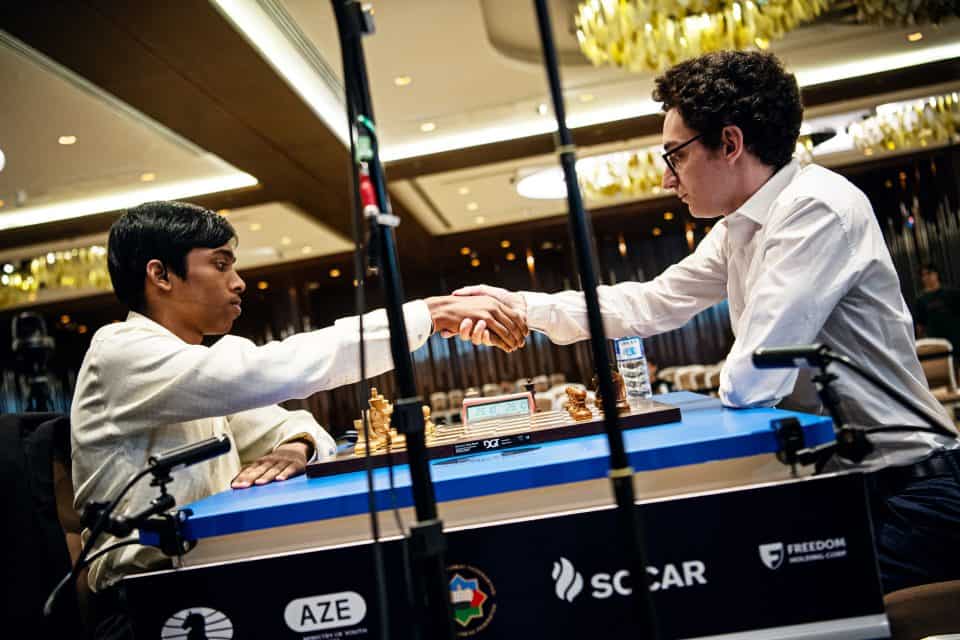Ever wonder why some chess games seem to fly by while others drag on for what seems like hours? The time control is the reason.
As a chess player, the time control is one of the most important things to understand before you start a game
The time control refers to the amount of time each player has to complete all their moves.
The three most common time controls are:
Blitz
Blitz chess typically allows each player 3 to 10 minutes to complete all their moves. This fast-paced style is exciting but can often lead to mistakes.
Blitz is popular for casual games since the time pressure leads to exciting play.
Learn more about Blitz chess here.
Rapid
With 10 to 30 minutes per player, Rapid chess provides a bit more time to think but still finishes quickly. Many weekend tournaments and club matches use a rapid time control.
Learn more about Rapid chess here.
Classical
For the full chess experience, the classical or standard time control gives each player 30 to 60 minutes (or more) for the whole game.
At this pace, you have ample time to deeply calculate variations, evaluate positions, and strategize. Standard chess allows for high-level, strategic play where the stronger player usually prevails.
Major tournaments and championship matches predominantly use classical time controls. This is more important in games where players are trying to test the precision of their moves and skills without falling frequently into time trouble.
Learn more about Classical chess here.
Final Thoughts
In the end, the choice of time control comes down to your needs and style of play as a player.
Want fast-paced action? Choose blitz. Prefer more strategic maneuvering? Try rapid or classical.
It’s always a great idea to be accustomed to each time control so you can excel in any chess tournament irrespective of the allocated time controls.







join the conversation